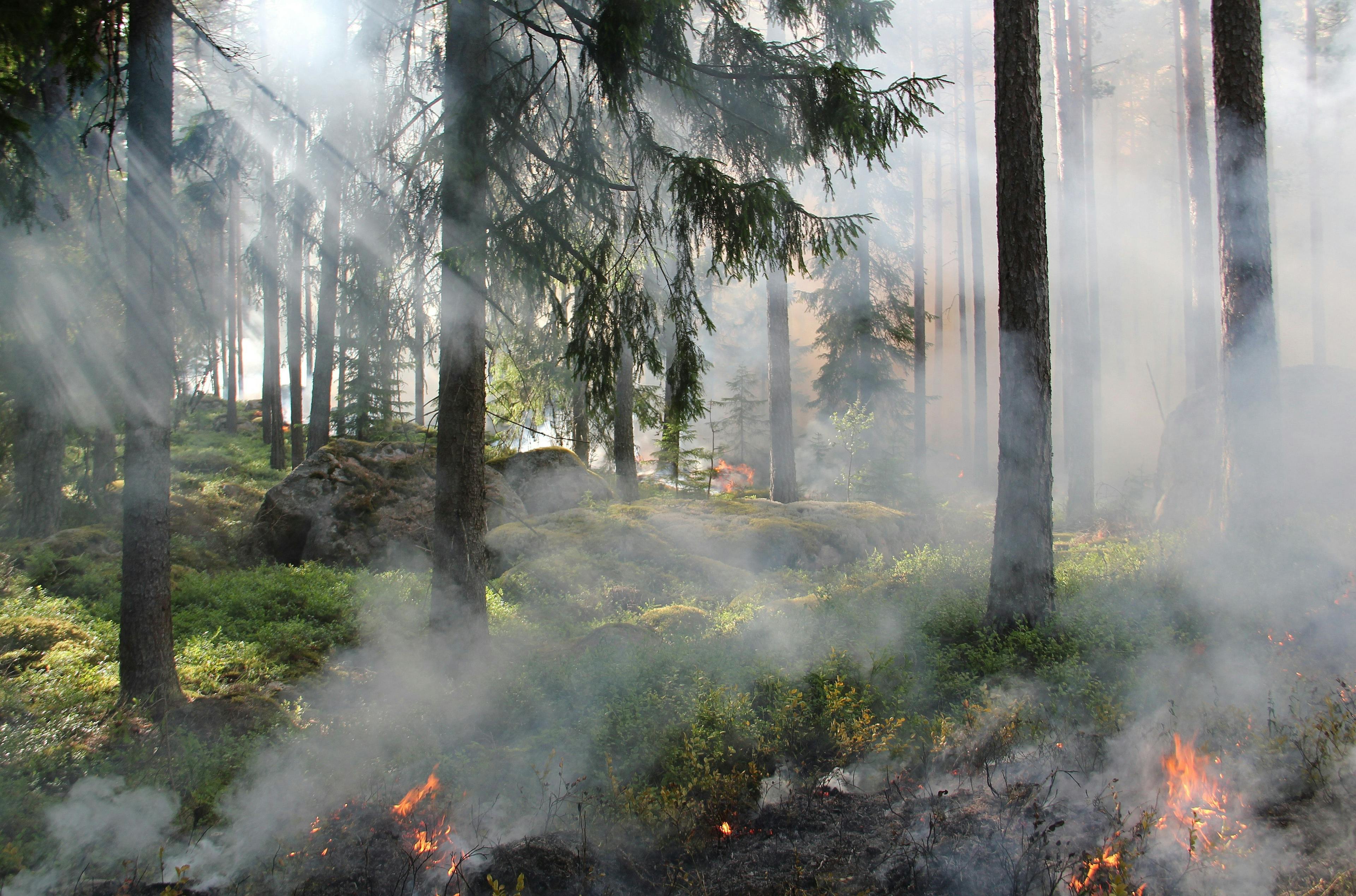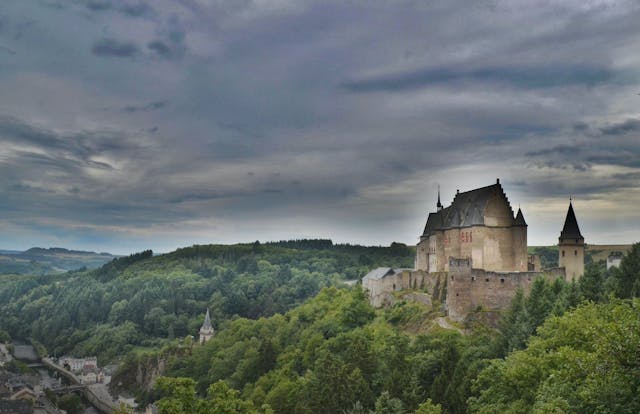Highlights of the week of July 17-21

The heatwaves and warming oceans have not gone away: the Rhodes is burning and scientists are seriously considering what our jobs will look like if warming continues.
Fires in Greece
The tourist season in Rhodes is probably ruined. Since Tuesday, one of Greece's most popular islands has been covered in smoke and ash. At first, only the island's emergency services fought the fire, but the increasing winds made all their efforts useless.
Now, 10 firefighting planes, eight helicopters, 266 firefighters, 49 fire trucks and hundreds of volunteers are working to extinguish the fire on the island.
31 Slovak firefighters joined them with four fire trucks, as well as two French and two Turkish firefighting planes.
The island is experiencing the largest evacuation of its population in its history. By 4 p.m. Sunday, July 23, 19,000 people had left the danger zones by land and sea. Many airlines have cancelled their flights. No deaths or serious injuries have been reported.
The heat wave may change jobs
The effects of the heat wave are also being felt on the continent. And while some regions, such as Luxembourg, have cooled down, many countries still suffer from persistently high temperatures.
Some experts believe that such climatic changes could lead to changes in working hours as well as work itself.
In the construction industry, for example, some work will likely be moved to the late shift or even the night shift. This will, of course, reduce the negative impact of the heat, but it also carries other risks.
First, it will lead to an increase in injuries due to poor visibility. Second, night work is tiring. Third, in summer, the night is the only time a person can cool down. However, it will lead to overheating and exhaustion if the night is burdened with work.
At the same time, air conditioning better protects office workers from the outside world. But even in their case, more flexible work arrangements may be needed: remote or hybrid work, 4-day workweeks, or a reduction in working hours from 8 to 6 hours per day.
Employers can also invest in sustainable and climate-resilient tools to protect their employees.
Spain's split: where the elections may lead
The battle is between the Socialists and the Conservatives in the person of Pedro Sánchez and Alberto Núñez Feijóo. Sánchez is betting on effective reforms to support a dynamic economy, Feijóo — in favour of rejecting most of the changes.
Although the position of the conservatives is stronger according to the latest polls, there is one aspect that could seriously disturb the position of the bloc - the desire of Alberto Feijóo to bring the Vox party to work in Parliament. This would mean the first appearance of the extreme right in parliament since the end of the Franco era.
Vox's leader, Santiago Abascal, is a Spanish nationalist known not only for his fierce opposition to Catalan separatism and feminism but also for his anti-immigration policies.
Against this backdrop, Sánchez should look favourable. His government has managed the COVID-19 situation, reduced unemployment and increased growth in the Spanish economy. However, there is growing resentment over the support of Basque and Catalan separatists, who helped Sánchez win votes.
The outcome of the confrontation is still difficult to predict. But Spain faces a critical choice that could radically change the country's course for years to come.





